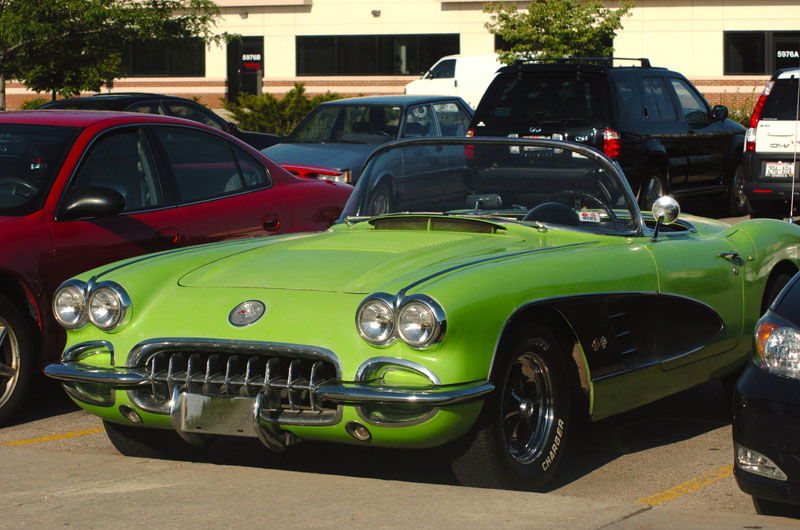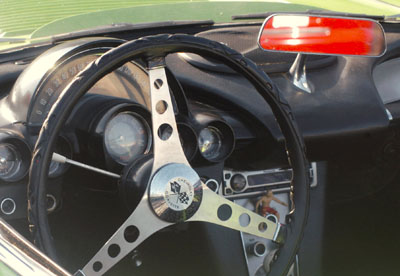A dream landscape emerged as our dinghy sped through turquoise waters toward the uninhabited South Seas islet of Tapu. Here, on a triangular speck of sand and coconut palms at the bottom of the world, red hibiscus, white gardenia and yellow plumeria blossoms were strewn on the water at land’s edge. As we stepped from the boat, a sommelier offered flutes bubbling with Dom Perignon. Behind him, china and crystal sparkled on a dining table positioned in shallow water at the edge of the lagoon. A French sous-chef, wearing a tall white toque, worked nearby, partly hidden behind a grill disguised by palm fronds.
It was just another day in paradise for the staff of the St. Regis Resort, Bora Bora, where producing dream scenarios is part of the job. On this April afternoon, staffers were helping a couple celebrate an anniversary, and I had tagged along.
NH Rejects Real ID Law
New Hampshire Gov. John Lynch last week signed into law a bill that forbids New Hampshire government agencies from complying with the controversial federal national identification act, or Real ID bill.
The New Hampshire Legislature had overwhelming passed the bill this past spring and handed it off to Lynch, who signed it on June 27.
“Real ID is intended to make us all safer, which I think we can all agree is a laudable goal,” said Lynch in a statement. “However, I strongly believe Real ID’s proposed haphazard implementation and onerous provisions would have the exact opposite effect. The federal government obviously did not think this burdensome system through and that is why we in New Hampshire are right to reject it.”
Beautiful Turkey VR Scenes

Keith Martin posted some beautiful VR scenes from Turkey.
Siphoning Fuel Continues to be Relevant
This is why, after one crack at it, I won’t be doing a lot of small-airplane flying in China any more. Here is how a Cirrus SR-22 got fueled up at the main airport in Changsha, capital of Hunan province. (Man in the truck is Peter Claeys, intrepid Cirrus salesman for China. Other men, including the luckless one working the siphon, are involved in local aviation.)
More on “free flight”, here.
Classic Mini
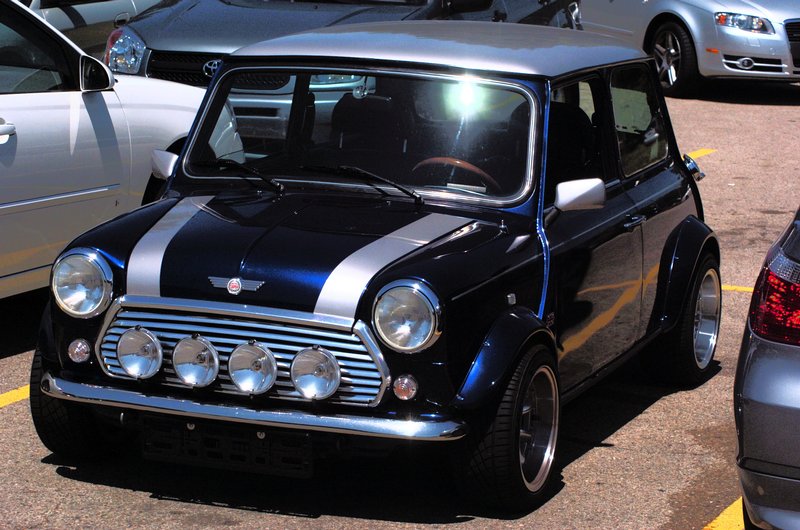
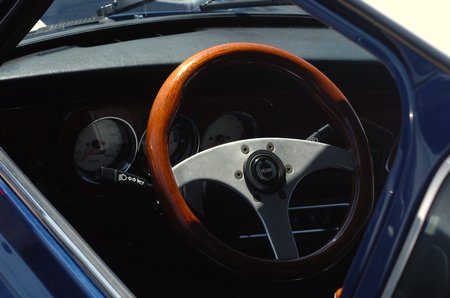 Amazingly small original Mini Cooper.
Amazingly small original Mini Cooper.
Sarkozy’s “Lesson for America”
Interesting words from Newt Gingrich:
The country is at a crossroads, a different kind of place from where we’ve been before. The special interests seem more reactionary and entrenched than ever, the bureaucracies much larger. We need to marshal the courage to change, and we need to understand what needs changing.
Two books guide my thoughts these days. One is ” Testimony: France in the Twenty-first Century,” by the new French president, Nicolas Sarkozy. The second is American: ” The Forgotten Man: A New History of the Great Depression,” by Amity Shlaes. Together they form a map for the crossroads.
France has a reputation as a country averse to change. But President Sarkozy translated his general exhortation about the need to change and the importance of work into a simple and direct policy proposal: All overtime will be tax-free.
July 4th Note to a Soldier
A friend is heading home on leave from Iraq today. I thought I’d write him a note—then I decided to publish it here:
Dear _____, I am at an uncharacteristic loss for words. Hence, I don’t know what to say other than “Thank you.” As we both know, the war is a contentious issue here in the Homeland. Many think we must indeed stay the course; at least as many think the war is a reckless, counterproductive disaster.
Olds 98 Convertible
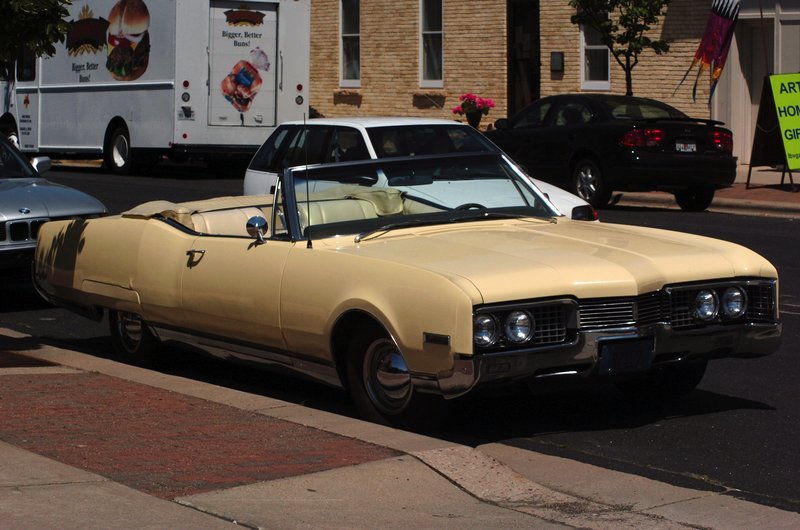
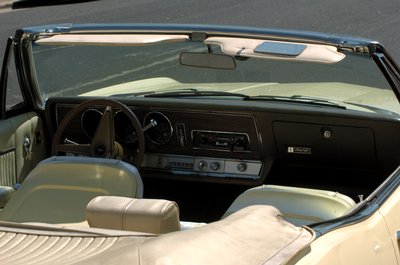
Classic barge: The Oldsmobile 98 Convertible.
The Shopping Carts Have Cooties
According to studies done on shopping carts, more than 60 percent of them are harboring coliform bacteria (the sort more often associated with public toilet seats). “These bacteria may be coming from raw foods or from children who sit in the carts,” says Chuck Gerba, Ph.D., a microbiologist at University of Arizona. “Just think about the fact that a few minutes ago, some kid’s bottom was where you are now putting your broccoli.” According to studies done by Gerba and his colleagues at University of Arizona, shopping carts had more bacteria than other surfaces they tested—even more than escalators, public phones and public bathrooms. To avoid picking up nasty bacteria, Gerba recommends using sanitizing wipes to clean off cart handles and seats, and to wash your hands after you finish shopping.
Classic Lime Green Corvette Drop Top
